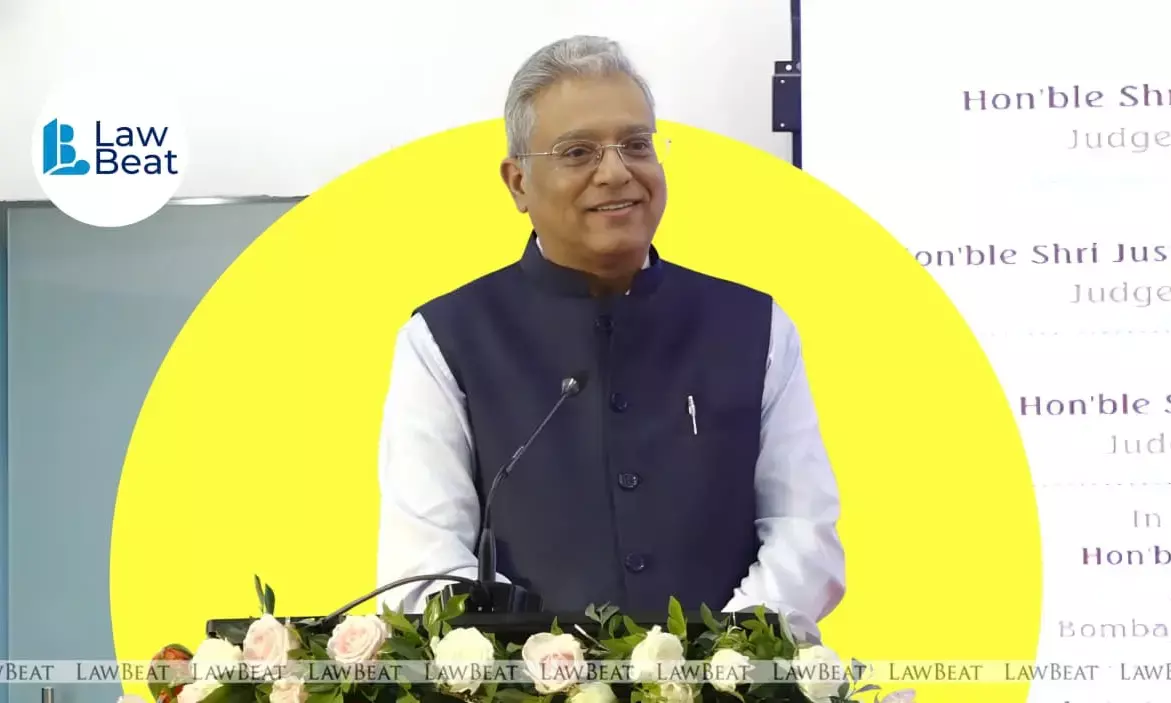‘Not a Full-Time Job’: Justice Narasimha Flags Judges’ Rush for Public Attention After Retirement

Supreme Court judge Justice PS Narasimha urges judicial restraint, advising judges to let their decisions speak, not their personalities
Supreme Court judge Justice PS Narasimha has warned that judges seeking public attention, especially after retirement, risk undermining the very essence of justice. Speaking at a felicitation ceremony for Justice AS Chandurkar, recently elevated to the Supreme Court, he said that a judge’s real power lies in restraint, precise reasoning, and letting judgments, rather than personal personality, speak for themselves.
Addressing the Nagpur High Court Bar Association, Justice Narasimha said today’s legal profession encourages lawyers and judges to always be in the limelight, often at the cost of clarity and truth. “We always want to be in the centre stage. That is what the profession demands. That is how the system is working. But in this pursuit, we may be moving away from the truth,” he said, emphasizing that both lawyers and judges must cultivate brevity, clarity, and restraint in speech and writing.
He highlighted that social media and public visibility have amplified the temptation for judges to speak excessively. “Sitting judges might get attracted, and post-retirement judges think that the time has come when I have to talk now as if it’s a full-time job. That is not the way the system should work,” Justice Narasimha said. He underlined that every word a judge speaks should serve truth and the collective welfare of society.
"The way the system should work is measured speech, measured talk, and thinking before saying anything. A judge should see if his words would actually lead to the truth and whether his speech leads to the prosperity of one and all. Keep these two principles in mind, and I think our profession will do much better," he said.
Moreover, stressing the essence of judicial restraint, Justice Narasimha said judges must disappear in the process of justice.
“Justice dispensation requires the disappearance of a judge. The judge should not be seen. A judge has no business to be there in the process except that he decides. His personality, so to speak, as an individual having written a better judgment, all this is unnecessary. Judge does nothing more than decide the case, and he disappears,” he said, highlighting the need for judges to let their decisions, not personal recognition, define their work.
Justice Narasimha praised Justice AS Chandurkar for exemplifying this disciplined approach. He noted Chandurkar’s ability to remain silent unless necessary and his precision in writing judgments. Recounting an arbitration case, Justice Narasimha said Chandurkar had distilled a complex factual matrix into a clear, concise judgment, leaving out irrelevant details. “Precise facts interconnected to one another, straight leading to the decision that needs to be taken, without any difficulty. I was a bit jealous to see how beautifully he crafted the judgment,” he said.
Justice Narasimha also called on lawyers to share responsibility in judicial decision-making by limiting arguments to relevant points and collaborating before hearings. “The obligation on the shoulders of the lawyers to help a judge in decision-making was not put till now. It is time actual collaboration must take place,” he said.
